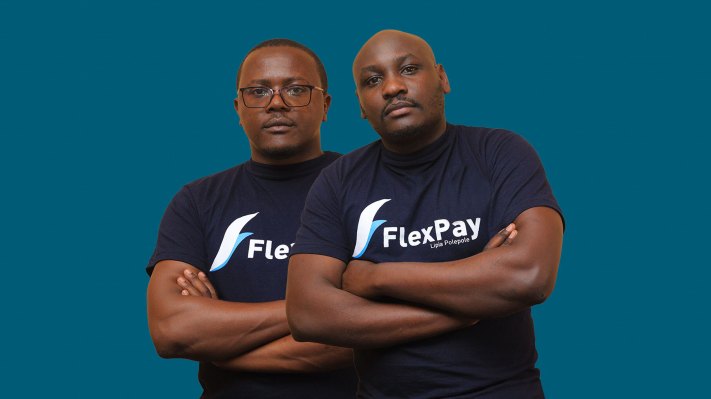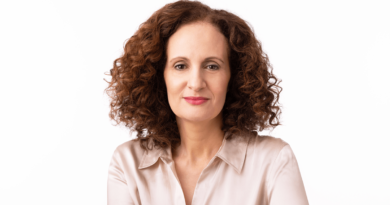Kenyan fintech FlexPay is helping shoppers save for future purchases

FlexPay Technologies is a Kenyan fintech out to enable consumers to afford products that would have otherwise been out of reach for them.
The startup allows customers to shop at partner merchants, reserve products and pay over a period of time, at no added cost. It initially partnered with a Kenyan retailer during launch but scaled in 2020, and has to date grown its merchant network to 600. This number of partner merchants is set to grow further as the startup, which is part of the 2023 Startup Battlefield 200 cohort, widens its “save now, buy later” offerings.
“We want FlexPay to be like an active bank account in that when a consumer is not paying for retail products, they are saving and paying toward a vacation, or even school fees,” said FlexPay co-founder and CEO Richard Muchomba, adding that the startup is in the process of sealing partnerships that will allow its users to book and pay for flight tickets and hotels.
This is part of its continued strategy to retain customers and follows the introduction of its initial product dubbed FlexPay Goals, for users with set savings ambitions; FlexPay Chama, which enables groups to save together; and Mama Prime, for maternity care savings.
Its customers sign up through the app or its partner merchants (including offline ones) to begin making payments. Online shoppers access FlexPay as a payment option during checkout.
“Offline merchants register customers via USSD, and in a way, shop owners have become our agents,” said Muchomba, who co-founded the startup with Johnson Gituma (COO).
Customers make an initial deposit through FlexPay and pay the remainder over a predetermined period.
“We don’t set the number of installments or specific amounts customers should make, but in the retail industry, most merchants allow payments within three months. Payment time changes depending on the industry; for the travel industry, it can be up to one year,” he said, adding that its success rate is 96%.
FlexPay gets a 5% commission for every product or service sold through its platform. It claims to have served over 200,000 customers so far, a number that is set to grow after its incoming launches in Uganda and Nigeria.
FlexPay’s “save now, buy later” model is unlike the credit-driven buy now, pay later (BNPL) model that charges interest and requires customers to have a good credit score to qualify.
“The reason people are buying products using FlexPay is because this model has traditionally been there. We just digitized it. People can’t afford to buy high-ticket items at one off and we think the pay later model is a better method for the African market,” said Muchomba.
“Behind the scenes, we are collecting the data we plan to use in building financing products that are affordable and sustainable.”
FlexPay has so far raised $785,000, backed by a number of investors, including the Acacia Group (formerly the Cairo Angels Syndicate Fund), LoftyInc, Expert Dojo, Google Black Founders Fund, and Renew Capital.




